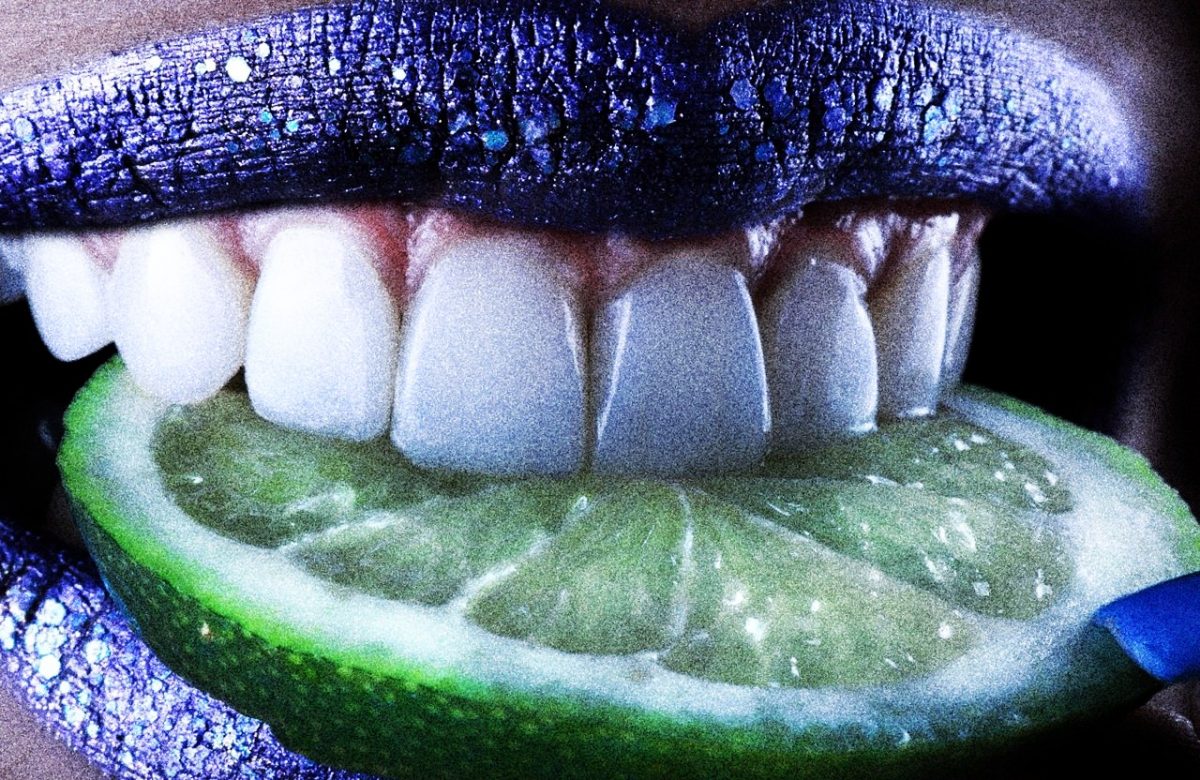From what I’ve recently gathered, talking about gum disease is highly important—not only with your dentist but your friends or family too.
Why? because apparently when a person has gum disease, the bacteria in their mouth can adversely affect the rest of their body.
There’s actually a slew of diseases you can get if you have gum disease (PD or periodontal disease) and these include:
- Arterial disease
- Heart attacks
- Atherosclerosis
- Stroke
- Rheumatoid arthritis
- Diabetes
- Pneumonia
- Alzheimer’s disease
- Premature/low weight births
- Pancreatic cancer
- Bowel cancer
- Esophageal cancer
The case is, that the bacteria in a person’s mouth can spread throughout the rest of the body.
Who knew this? I sure didn’t!
Facts & Statistics
I’ve accumulated some statistics about gum disease (gingivitis) that you probably didn’t know and should scare the hell out of you:
- 75% of the population suffers from some form of gum disease;
- Dental cleanings do not eliminate infectious oral bacteria;
- Smoking increases your chance of getting gum disease;
- Poor nutrition contributes to gum disease;
- Gum disease can cause tooth loss;
- Bad mouth bacteria easily enters your blood stream;
- Periodontal disease decrease life expectancy;
- Bad mouth bacteria attacks healthy organs;
- Oral infections are transferable to other people;
- Kissing can transfer oral bacteria that causes gum disease;
- Bleeding gums are a major sign of gum disease;
- Other illnesses can contribute to gingivitis;
- Gum disease causes inflammation of the gums;
How are those pieces of facts and statistics? I’ll bet you didn’t know any of them. I’ll bet you didn’t know that 75% of people experience some form of gum disease!
How do you know if you have gingivitis?
To find out if you have gum disease by yourself, go and floss, and if you see blood on your gums, you probably have gum disease. I won’t only say probably but I’ll say it’s probable that you have gum disease.
Should you make an appointment with your dentist?
I would say it depends on the condition of your teeth. Simply put, if your mouth appears sickly, and your gums bleed when you floss, and you have really bad breath, combined with some rotten looking teeth, then sure, I wouldn’t hold it against you that you made a quick appointment.
On the other hand, if your teeth and mouth appear to be in good condition, you can wait until your next checkup!
On both hands I would say: read this article, and based on my research, there’s a few things you can do on your own to either completely rid yourself of gum disease or bring it under control until your next visit to your dentist.
Follow these steps in order to gradually reduce the impact of gum disease or to cure yourself of the disease completely:
- Floss your teeth twice a day;
- Rinse your mouth out with a waterpik® (use the semi-soft setting);
- Brush with a soft bristle toothbrush;
- Rinse your mouth out and gargle with water infused iodine;
The key here is the iodine. Iodine is an amazing disinfectant;

I especially appreciate the terms rapid and substantive. Iodine rapidly and substantially reduces bacteria viruses and fungi—all the things you can get by eating, not flossing and not brushing.
Readers note: ingesting small amounts of iodine is completely harmless and it is that we consume it in small amounts quite regularly. You know most of the salt we buy is Iodized.
Irrigating
Irrigating is the term used to describe pointing high powered water spurts at your teeth and gums.
What happens scientifically is that the iodine kills the bacteria that causes plague which is sugar. It doesn’t fight sugar, but the plaque that is caused by the sugar.
This keeps your teeth whiter, cleaner, and kills the bacteria that cause plaque and ultimately deep gum-pockets and gum disease.
As far as I’m concerned, if you don’t floss and waterpik regularly, there’s definitely fungus growing in your teeth no matter how many times a day you brush—and especially if you eat a lot of sugar.
The more sugar you eat, the more erosion you can expect, and with more erosion comes more gum pockets—the more pockets you have the more food gets lodged in there—and rots. Yuck!
Other things you can do to heal your gums
To further heal your gums from gum disease do this:
- Try to quit smoking;
- Try to eat at specific set times of the day so you can get into a regular habit of flossing and irrigating;
- Gargle with mouthwash a few times a day but especially if you don’t brush;
- Gargle with an ounce of water to 1 drop of iodine a few times a week.
- Substantially reduce your sugar intake;
- Get professional teeth cleaning and a checkup at least once a year;
The take home
If 75% or even 50% of the population have gum disease and don’t know it, what are the chances you have it? What are the chances your partner or children have it? What about your parents? Do they have gum disease?
This is not only a subject we should talk about, it’s a subject we should all look into. The last thing we want to do is walk around with chunks of fungi in our mouth. Right? Of course!
